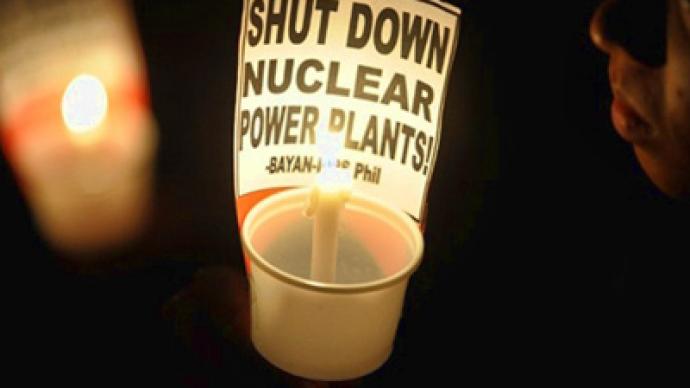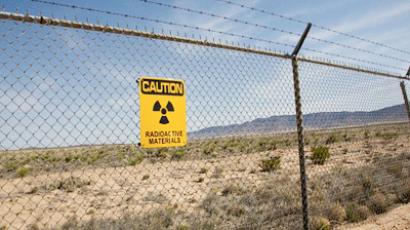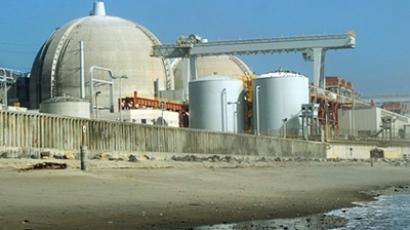Chernobyl anniversary sparks renewed US energy debate

In the wake of the Fukushima nuclear disaster, the lessons of Chernobyl are more relevant than ever and both events have reignited a debate in America over US nuclear and general energy policies.
Journalist Greg Palast who actively covers energy and environmental issues explained the continues to push plans for additional nuclear plants, even though many of those involved were responsible for crisis and fraudulent practices in the past.“There are no reliable builders and operators that we can absolutely trust,” he said. He explained that the nuclear industry is rife with a history of fraud and wrong doing, and that this creates multiple risks moving forward. Everything from faking nuclear plants to mismanagement, the nuclear industry does not learn from its mistakes. “It’s cheaper to use safer forms of electricity,” Palast said. “Nuclear power is way too expensive. What we are doing is subsidizing. There would be absolutely no nuclear power plant in the world without subsidies.” Given other alternatives, like green energy or even gas, there are cheaper and safer methods. But, nuclear continues.“Obviously Chernobyl did not stop us from building the Fukushima plant,” he remarked. Cindy Folkers from the organization Beyond Nuclear said society would be much safer with alternative energy sources, like wind and solar. She explained however that the nuclear industry boasts entrenched interests which prevent competition and innovation. Subsidies given to the nuclear field prevent alternatives from becoming predominant. “If you remove subsidies from nuclear power we would not have it in this country, but it is the money and the politics that keeps it going,” Folkers noted. The best lesson to be learned in America from Chernobyl and Fukushima is to stop subsidizing nuclear energy to end it and invest the same funds in safe and clean energy.














